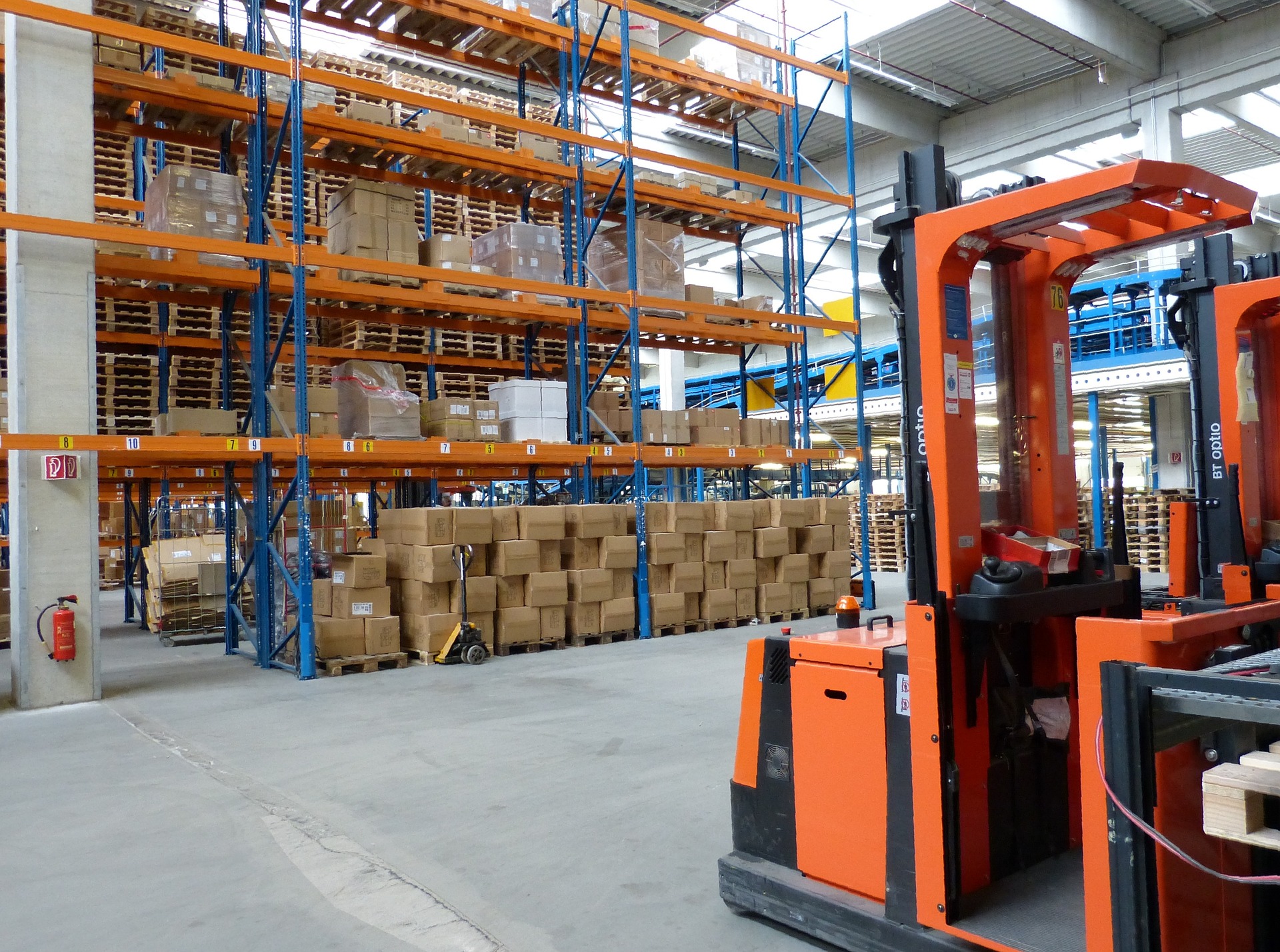Career Resilience: Building a Future-Proof Professional Identity
Introduction: In today's rapidly shifting professional landscape, career resilience has emerged as a critical skill for navigating uncertainty. This concept goes beyond simply bouncing back from setbacks—it encompasses developing an adaptable mindset, diversified competencies, and strategic foresight that allows professionals to thrive amid change. By cultivating career resilience, individuals can transform potential threats into opportunities for growth and advancement.

The modern workplace demands more than technical expertise; it requires professionals who can reinvent themselves and maintain relevance despite industry disruptions. Career resilience represents the intersection of adaptability, continuous skill development, and psychological fortitude—attributes that distinguish those who flourish from those who merely survive in today’s dynamic job market. This article explores the multifaceted nature of professional resilience and provides actionable strategies for building a future-proof career identity.
Understanding Career Resilience
Career resilience represents the capacity to adapt and thrive amid professional uncertainties and challenges. Unlike traditional career stability, which relied on long-term employment with a single organization, resilience acknowledges the inherent volatility of modern work environments. Historical context reveals a significant shift from the mid-20th century expectation of lifelong employment with one company to today’s average tenure of approximately four years per position.
The concept first gained academic attention in the 1990s when organizational psychologists recognized that rapid technological advancement would require workers to develop greater adaptability. Since then, economic recessions, technological disruptions, and industry transformations have repeatedly validated the importance of professional adaptability. Research from the World Economic Forum indicates that by 2025, approximately 85 million jobs may be displaced by automation, while 97 million new roles may emerge—highlighting the necessity of resilience.
Career resilience encompasses several key dimensions: psychological flexibility, professional adaptability, skill transferability, and network robustness. These elements combine to create a foundation that helps professionals weather changes while maintaining career momentum. Unlike traditional career planning that follows linear trajectories, resilient career management approaches work as adaptable systems that respond to emerging opportunities and challenges.
The Psychological Foundation of Career Resilience
Building career resilience begins with cultivating specific psychological attributes that enable professionals to navigate uncertainty with confidence. Growth mindset—the belief that abilities can be developed through dedication and hard work—serves as the cornerstone of career resilience. Stanford psychologist Carol Dweck’s research demonstrates that individuals with growth mindsets are more likely to embrace challenges, persist through obstacles, and view failures as learning opportunities rather than reflections of fixed ability.
Self-efficacy represents another crucial psychological component of career resilience. This belief in one’s ability to execute necessary actions for professional success directly influences goal-setting ambition, persistence through challenges, and recovery from setbacks. Research published in the Journal of Vocational Behavior found that professionals with higher self-efficacy were significantly more likely to pursue challenging career transitions and achieve positive outcomes.
Emotional regulation skills allow resilient professionals to manage stress effectively and maintain focus during career disruptions. These skills include recognizing emotional responses, implementing appropriate coping mechanisms, and maintaining perspective during professional challenges. Cognitive flexibility—the ability to adapt thinking patterns to new situations—further strengthens resilience by enabling professionals to recognize alternative approaches and solutions when conventional paths become blocked.
Purposeful career orientation also strengthens resilience by connecting professional activities to meaningful personal values. When individuals identify their core purposes, they develop stronger motivation to persist through challenges and adapt to changing circumstances. This sense of purpose creates psychological anchoring that remains stable even when specific job functions, companies, or industries transform.
Strategic Skill Development for Adaptability
The cornerstone of career resilience lies in strategic skill acquisition that balances specialization with versatility. Research from the McKinsey Global Institute suggests that workers will need to develop hybrid skill sets that combine technical expertise with transferable competencies. This approach creates what career development experts call “T-shaped professionals”—individuals with deep expertise in one area (the vertical bar of the T) and broader capabilities that span multiple domains (the horizontal bar).
Transferable skills that transcend specific roles or industries provide particular value for career resilience. Communication proficiency, critical thinking, problem-solving capabilities, and collaboration abilities consistently rank among the most valuable cross-functional competencies according to employer surveys. These skills retain their relevance despite technological disruption or economic shifts, forming a portable professional foundation.
Anticipatory skill development requires monitoring industry trends and proactively acquiring competencies before they become mainstream requirements. Labor market analytics can help identify emerging skill demands, guiding strategic learning investments. The concept of “skill adjacency”—identifying capabilities close to existing strengths that open new career options—provides a structured approach to expanding professional versatility without starting from scratch.
Continuous learning practices must be integrated into daily professional life rather than treated as occasional activities. Research published in the Journal of Applied Psychology demonstrates that professionals who dedicate at least five hours weekly to deliberate learning activities experience significantly faster career advancement and greater stability during industry disruptions. Approaches such as microlearning, project-based skill acquisition, and learning networks help sustain ongoing development despite time constraints.
Building Professional Relationship Resilience
Career resilience depends significantly on developing diverse, meaningful professional relationships that provide support during transitions and access to opportunities. Research from the University of Chicago revealed that approximately 65% of professional opportunities come through network connections rather than formal application processes. This statistic highlights the critical role relationship capital plays in career sustainability.
Strategic relationship building requires developing connections across multiple dimensions: vertical relationships with mentors and senior professionals, horizontal relationships with peers, and external relationships spanning different organizations and industries. This multidimensional network creates redundancy that prevents career vulnerability when individual relationships or entire professional communities experience disruption.
Reciprocity serves as the foundation for sustainable relationship building. Resilient professionals adopt giving-focused networking approaches, offering value to connections without immediate expectations of return. Research by Wharton professor Adam Grant demonstrates that “givers” ultimately achieve greater long-term success than “takers” or “matchers” because they develop broader goodwill and deeper connections that provide support during career transitions.
Digital relationship management has become essential for career resilience. Maintaining visibility through thoughtful online presence, participating in virtual communities, and leveraging digital platforms for relationship nurturing expands professional reach beyond geographic limitations. However, digital connections must be complemented by meaningful interactions that develop authentic relationships rather than superficial connections.
Career Experimentation and Portfolio Development
Career resilience thrives on professional experimentation that generates diverse experiences and competencies. Rather than pursuing singular career paths, resilient professionals adopt portfolio approaches that distribute professional identity across multiple domains. This distribution creates natural hedging against disruption in any single area while generating transferable insights that spark innovation.
Side projects represent low-risk mechanisms for exploring new professional directions while maintaining stability. Research published in Administrative Science Quarterly found that professionals who engaged in structured side projects were 34% more likely to identify viable career pivots and 27% more likely to secure positions in new domains when necessary. These projects provide practical experience that validates interest and demonstrates capability before full career transitions.
Career crossovers—temporary assignments in adjacent professional areas—build versatility while expanding professional networks. Organizations increasingly offer formal rotation programs, cross-functional projects, and internal gig opportunities that facilitate these experiences. For professionals without access to formal programs, volunteer leadership roles, industry association participation, and collaborative projects provide similar benefits.
Documentation of diverse experiences through professional portfolios creates tangible evidence of versatility. Unlike traditional resumes that emphasize linear progression, portfolio approaches highlight transferable skills, adaptable mindsets, and diverse capabilities. This documentation supports career transitions by demonstrating relevant experience even when formal job titles don’t directly align with new directions.
Financial Aspects of Career Resilience
Financial preparation forms a critical yet often overlooked component of career resilience. Research from the Federal Reserve indicates that professionals with emergency savings equivalent to six months of expenses demonstrate significantly greater willingness to pursue beneficial career transitions and resist compromising professional values during economic downturns. This financial buffer creates decision-making freedom that supports strategic career management.
Strategic upskilling investments require thoughtful financial planning. Research indicates the average professional will need to invest approximately 5-10% of annual income in continuous learning to maintain market relevance. Developing strategic approaches to education spending—including employer benefits, educational stipends, tax advantages, and alternative credentialing—maximizes return on these investments.
Multiple income streams provide structural resilience against primary career disruption. Surveys of professionals who successfully navigated recent economic downturns reveal that those with at least two income sources experienced 42% less financial pressure during transitions. Approaches such as freelance work, advisory roles, teaching engagements, content creation, and passive income investments create diversification that supports career experimentation.
Long-term financial planning that accommodates career transitions reduces pressure to maintain unsuitable roles for financial reasons. This planning includes strategies for managing benefits continuity, understanding the financial implications of different work arrangements, and developing sustainable approaches to retirement planning that accommodate career fluctuations.
By developing psychological fortitude, strategic skill sets, robust professional networks, experimental approaches, and financial foundations, professionals can build remarkable career resilience. This multifaceted approach creates adaptability that transforms potentially threatening changes into opportunities for meaningful growth and advancement.





